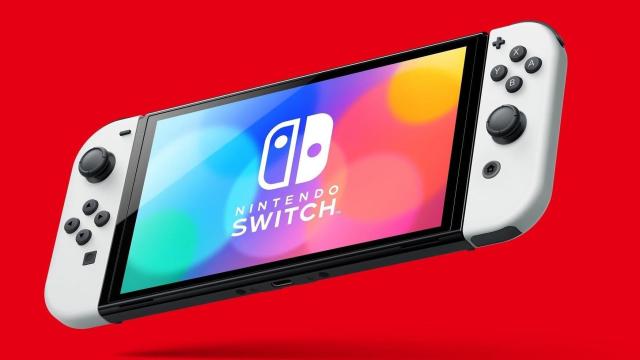Denuvo, the company best known for its heavily-criticised PC gaming DRM technology, has set its sights on a new scourge: Nintendo Switch piracy. The software maker announced during GamesCom 2022 on Wednesday that it will begin selling a new product called Nintendo Switch Emulator Protection to prevent Switch games from being pirated on PC.
It doesn’t appear to be partnering with Nintendo on the initiative, which instead seems aimed mostly at third-party publishers of multiplatform games. “As with all other Denuvo solutions, the technology integrates seamlessly into the build toolchain with no impact on the gaming experience. It then allows for the insertion of checks into the code, which blocks gameplay on emulators,” the company wrote in a press release. In the past, however, Denuvo’s “checks” have been accused of making some games run worse.
Switch emulation has come a long way since the console launched in 2017, and now it’s not uncommon for some tech enthusiasts to play their legally purchased Switch exclusives on an emulator running on a much more powerful gaming rig. The result can mean higher resolutions, frame rates, and other performance improvements.
Read More: In Defence of ROMs, A Solution To Dying Games And Broken Copyright Laws
But the Switch, like Nintendo’s previous handhelds before it, is also vulnerable to piracy, with users distributing ROMs of games online to be played on jailbroken Switches or, more often, a Switch emulator on PC. And that’s what Denuvo claims to be cracking down on, specifically with games that are on both Switch and PC.
“Even if a game is protected against piracy on its PC version, the released version on Switch can be emulated from day one and played on PC, therefore bypassing the strong protections offered on the PC version,” Denuvo wrote. “The Nintendo Switch Emulator Protection will ensure that anyone wishing to play the game has to buy a legitimate copy.”
At the same time, lots of PC games have removed Denuvo anti-tamper protections in recent years. In the late 2010s it became something of a game for hackers to see how fast they could “crack” the latest Denuvo-protected game. More recently, studios have occasionally removed Denuvo DRM themselves before a game even comes out, either because of fan backlash or because of concerns over how it will hurt technical performance.
Nintendo has taken a different approach to clamping down on Switch piracy. Namely, lawsuits and, in one particularly harsh case, collaborating with federal prosecutors to send hackers to jail. Nintendo and Denuvo did not immediately respond to a request for comment.

Leave a Reply